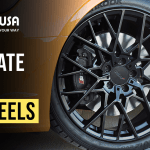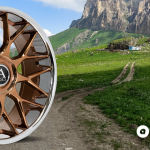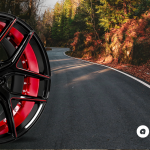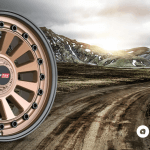
This gallery contains 4 photos.
June is National Tire Safety Month, a campaign led by the National Highway Traffic Safety Administration (NHTSA) to remind drivers to check their tire pressure, tread depth, and overall tire condition. But there’s another key piece of the safety puzzle … Continue reading









